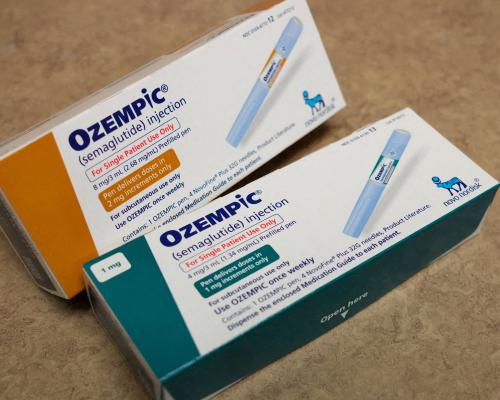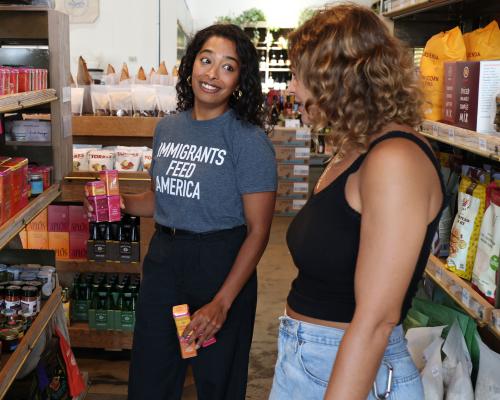
Sales of Novo Nordisk’s injectable diabetes drugs including Ozempic have slowed sharply amid fierce competition and the threat of US tariffs, prompting it to cut costs and sharpen its commercial focus.
The Danish drugmaker, whose booming sales of GLP-1 diabetes and obesity drugs in recent years had turned it into Europe’s most valuable company, has lost $95bn (£71.5bn) in market value since cutting its full-year sales forecast last week.
On Wednesday, Novo Nordisk said sales of medications such as Ozempic – which mimic the GLP-1 gut hormone that regulates blood sugar levels and appetite – grew by 8% in the first half of the year, down from 21% last year. Sales of obesity drugs including Wegovy increased by 56%, taking total sales 16% higher to 155bn Danish kroner (£18bn). Profit before tax climbed by 24% to 70.8bn kroner.
The company has lost market share to the US rival Eli Lilly’s Mounjaro, which studies have shown to be more effective, as well as cheaper versions made by generic drugmakers. It has also been hit by “compounding” in the US, where pharmacies make up medications from ingredients, even though the US regulator declared an end to the practice recently.
Novo Nordisk’s outgoing chief executive, Lars Fruergaard Jørgensen, who will hand over to Maziar Mike Doustdar on Thursday, said the company was taking measures to “sharpen our commercial execution further, and ensure efficiencies in our cost base while continuing to invest in future growth”.
The company is now expecting sales growth of between 8% and 14% at constant exchange rates in 2025, down sharply from its previous estimate of 13% to 21%.
Jørgensen added: “With more than 1 billion people living with obesity globally, including more than 100 million living in the US, and only a few million on treatment, I am confident that under Mike Doustdar’s leadership, Novo Nordisk will maximise the significant growth opportunities, supported by a strong product portfolio and future pipeline.”
The company also announced that it had ditched several weight-loss drugs in development, including one that has just completed an intermediate (phase II) clinical study, “due to portfolio considerations”.
Novo Nordisk faces a class action lawsuit in the US from investors, who claim it misled them with optimistic growth forecasts in the lucrative weight loss market.
The UBS analyst Matthew Weston said: “We expect GLP-1 compounders to remain in the US, which limits cash-pay uptake and leaves an uncertain outlook for US Wegovy.
“President Trump’s proposal to reimburse GLP-1 obesity in Medicare could add significant volume uplift, but most-favoured-nation demands to offer US cash sales at European prices could significantly reduce value.”
Derren Nathan, the head of equity research at Hargreaves Lansdown, said: “Tariffs and drug pricing policy are another threat Mike Doustdar will need to tackle head-on if one of Denmark’s greatest success stories is to regain its crown as Europe’s most valuable company. The 15% blanket rate on EU imports is not necessarily the end of the story as Donald Trump dangles the prospect of levies of up to 250% on pharmaceutical imports under a separate section 232 investigation.”







